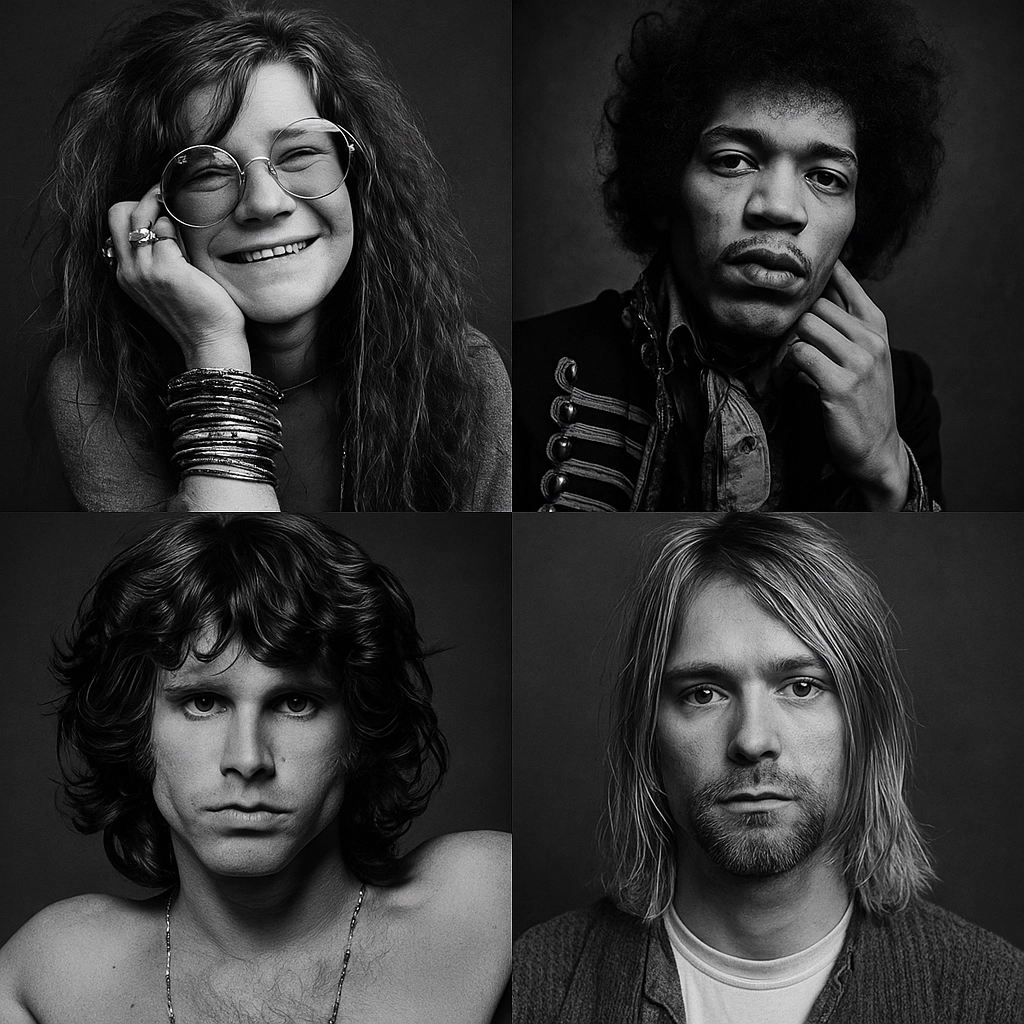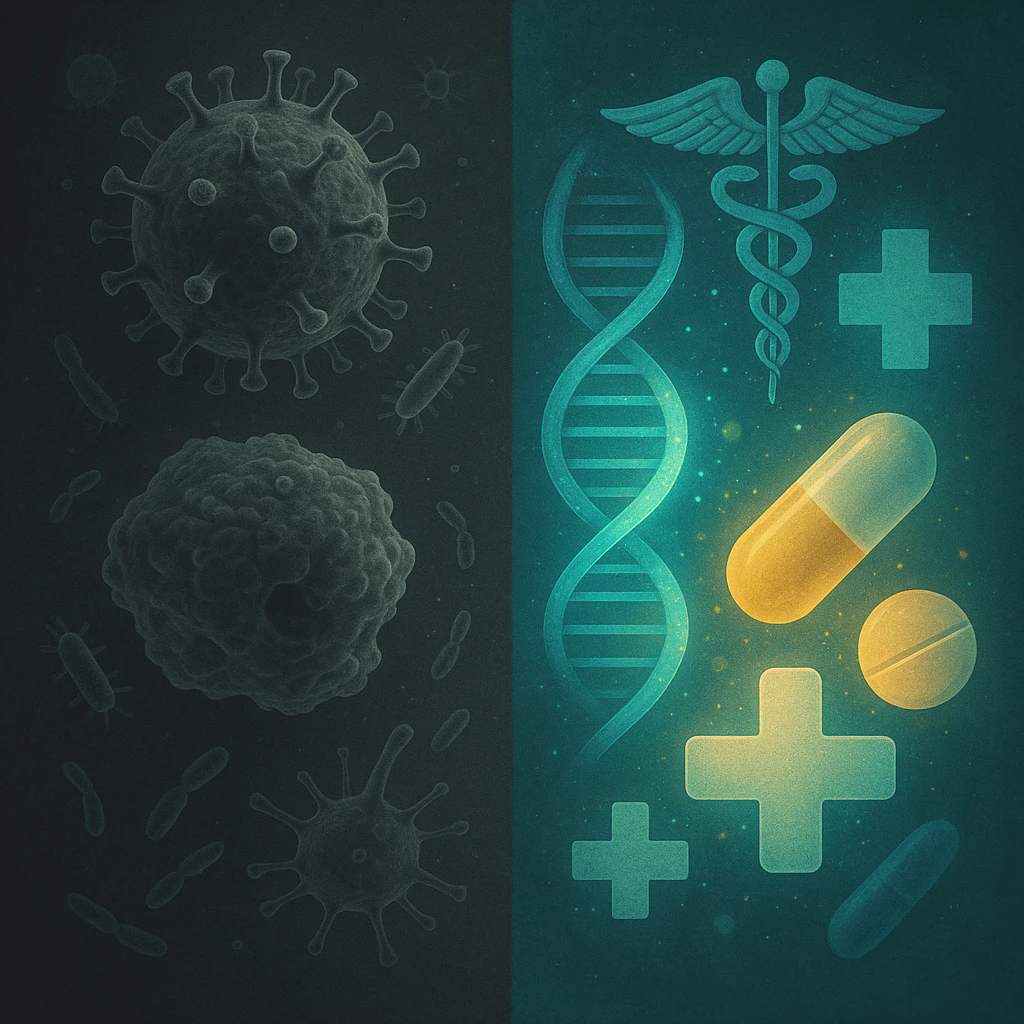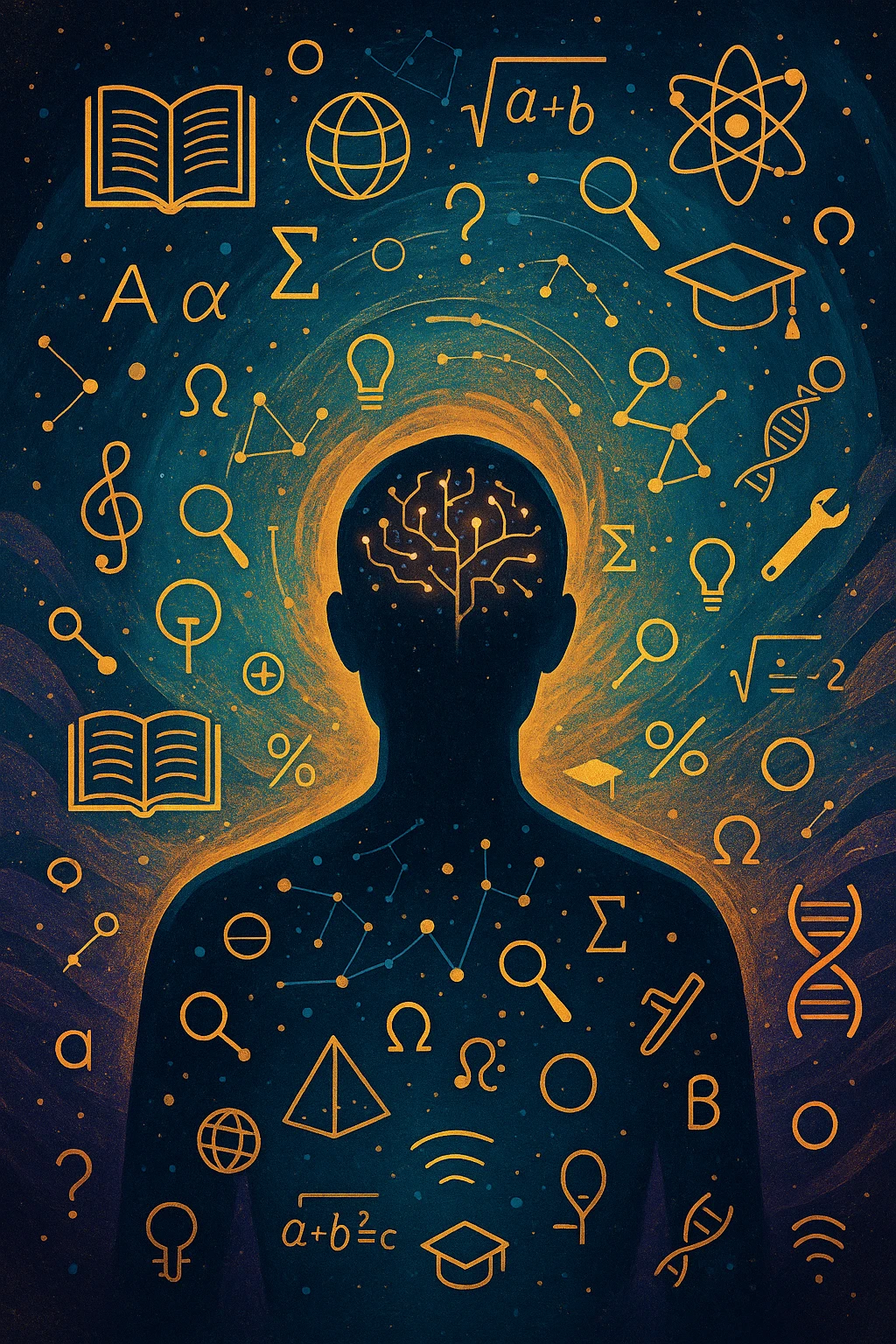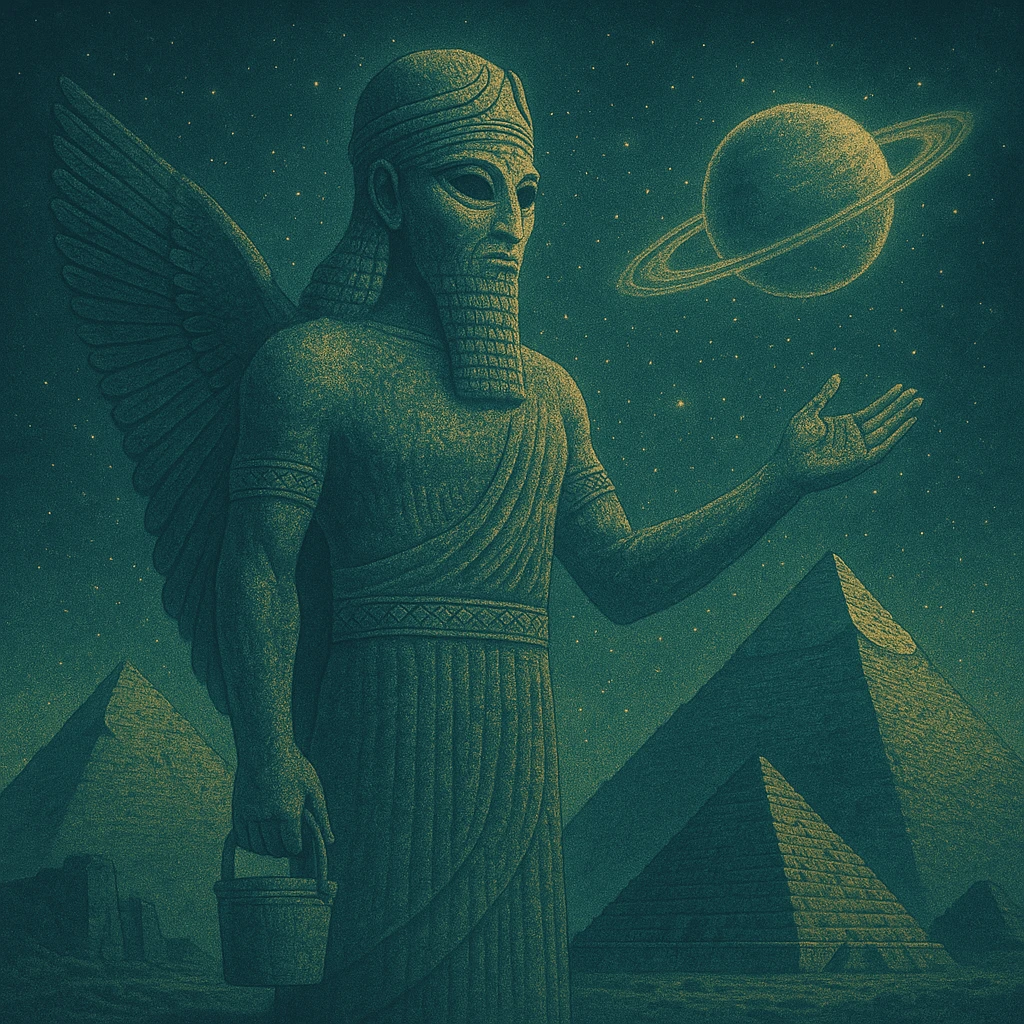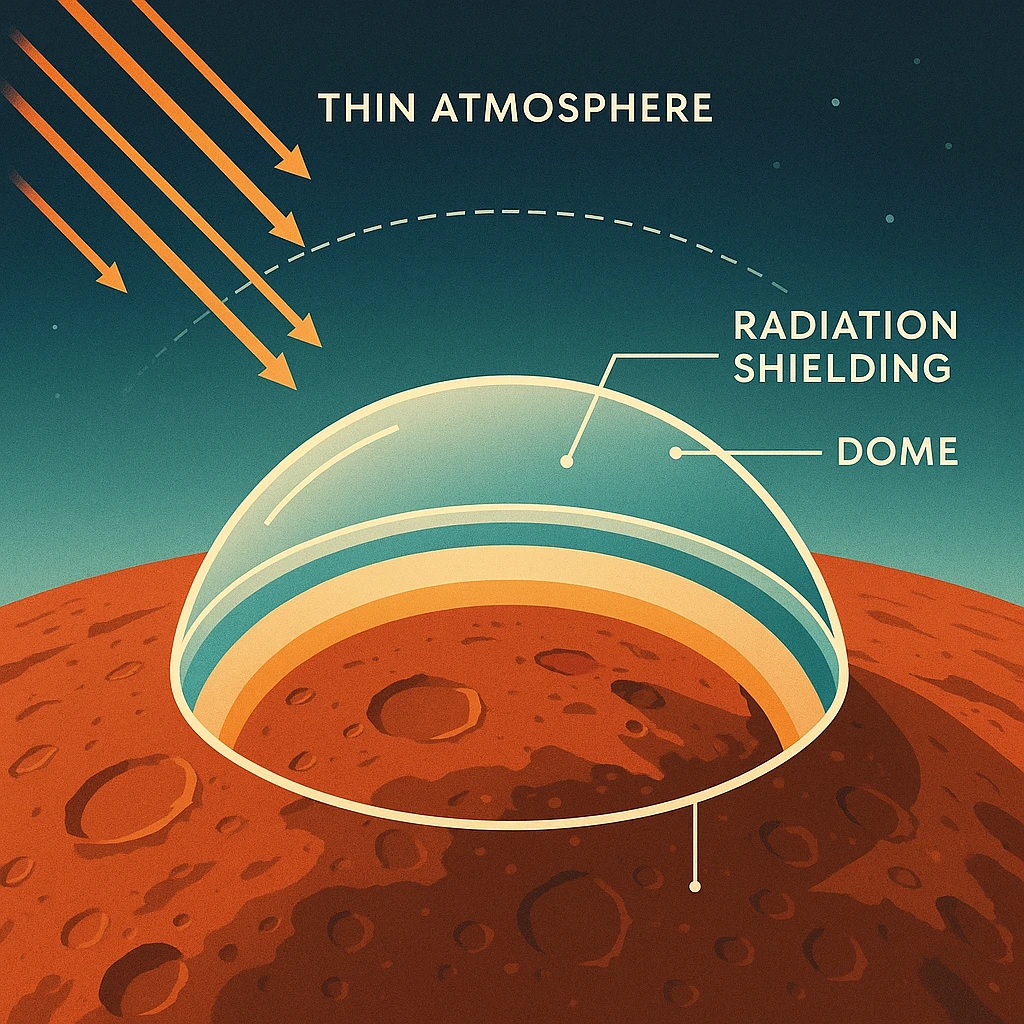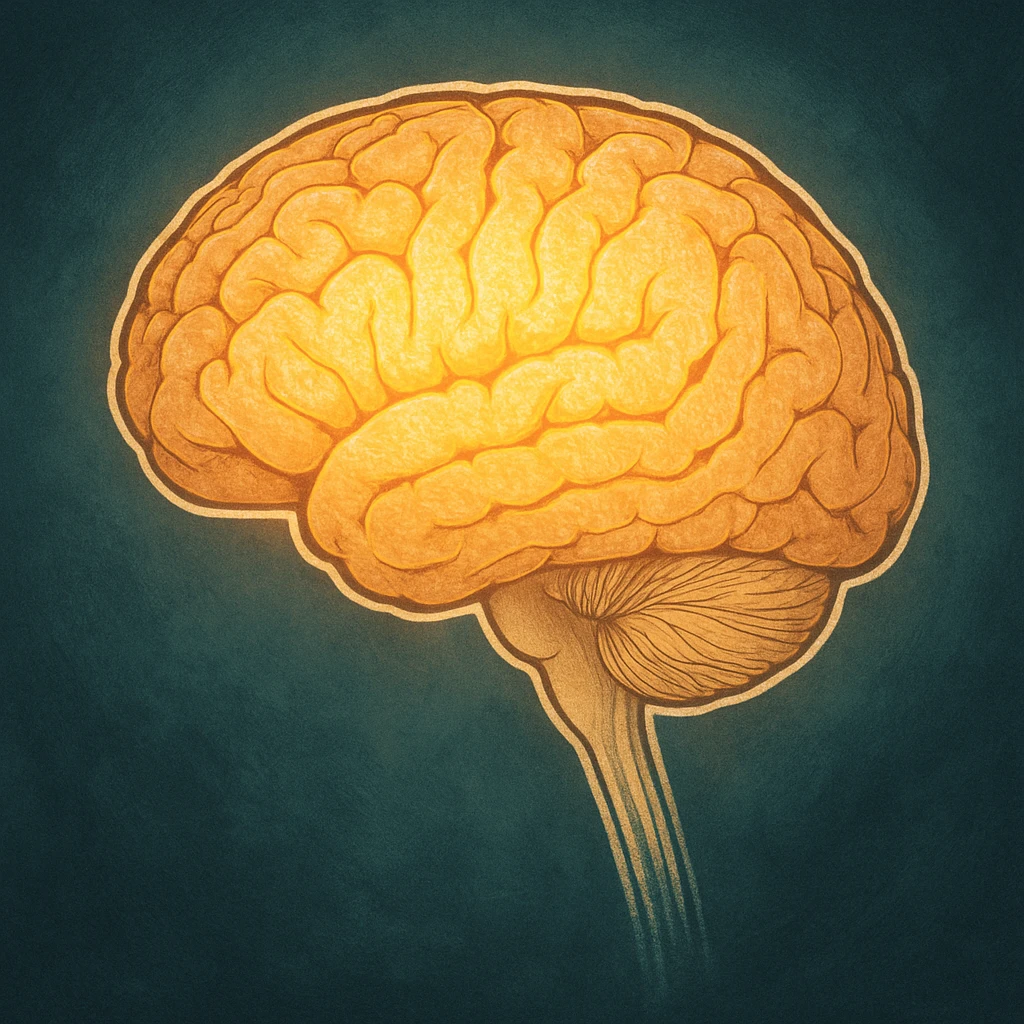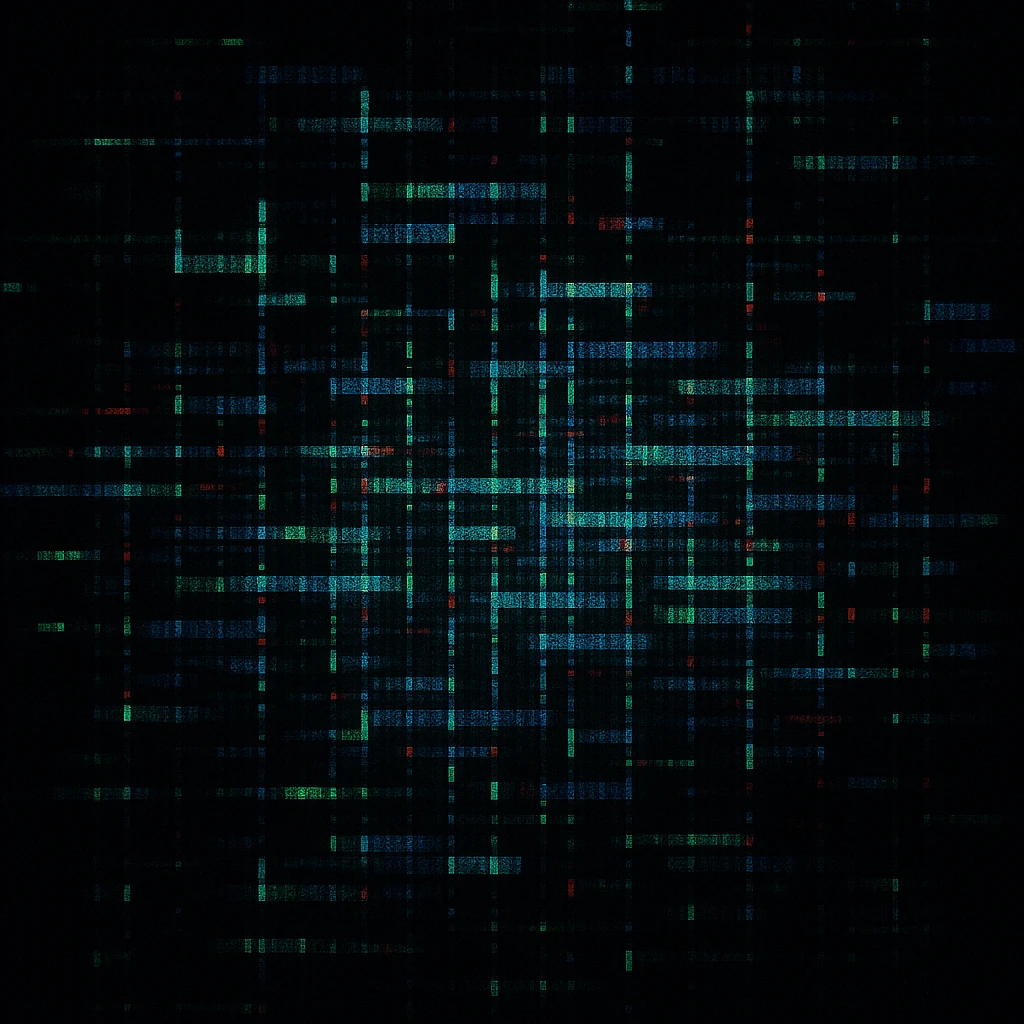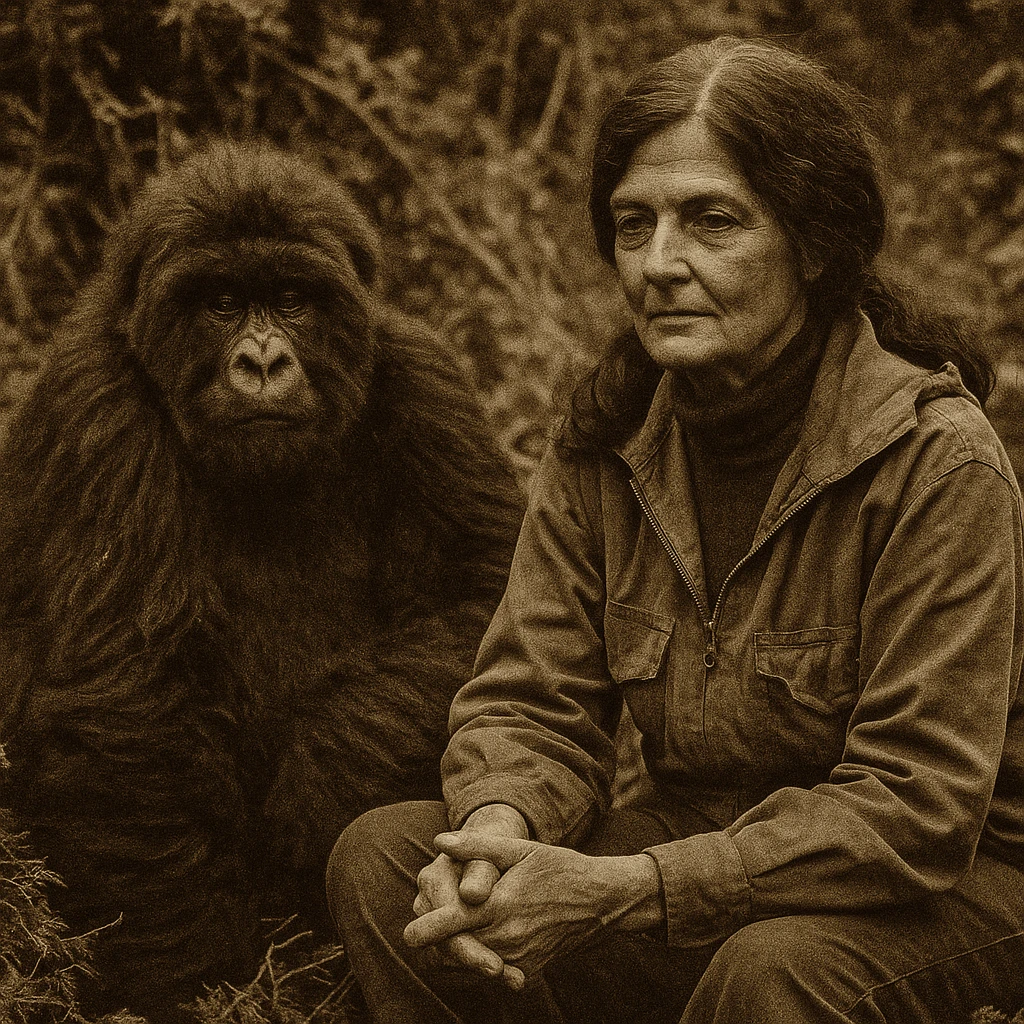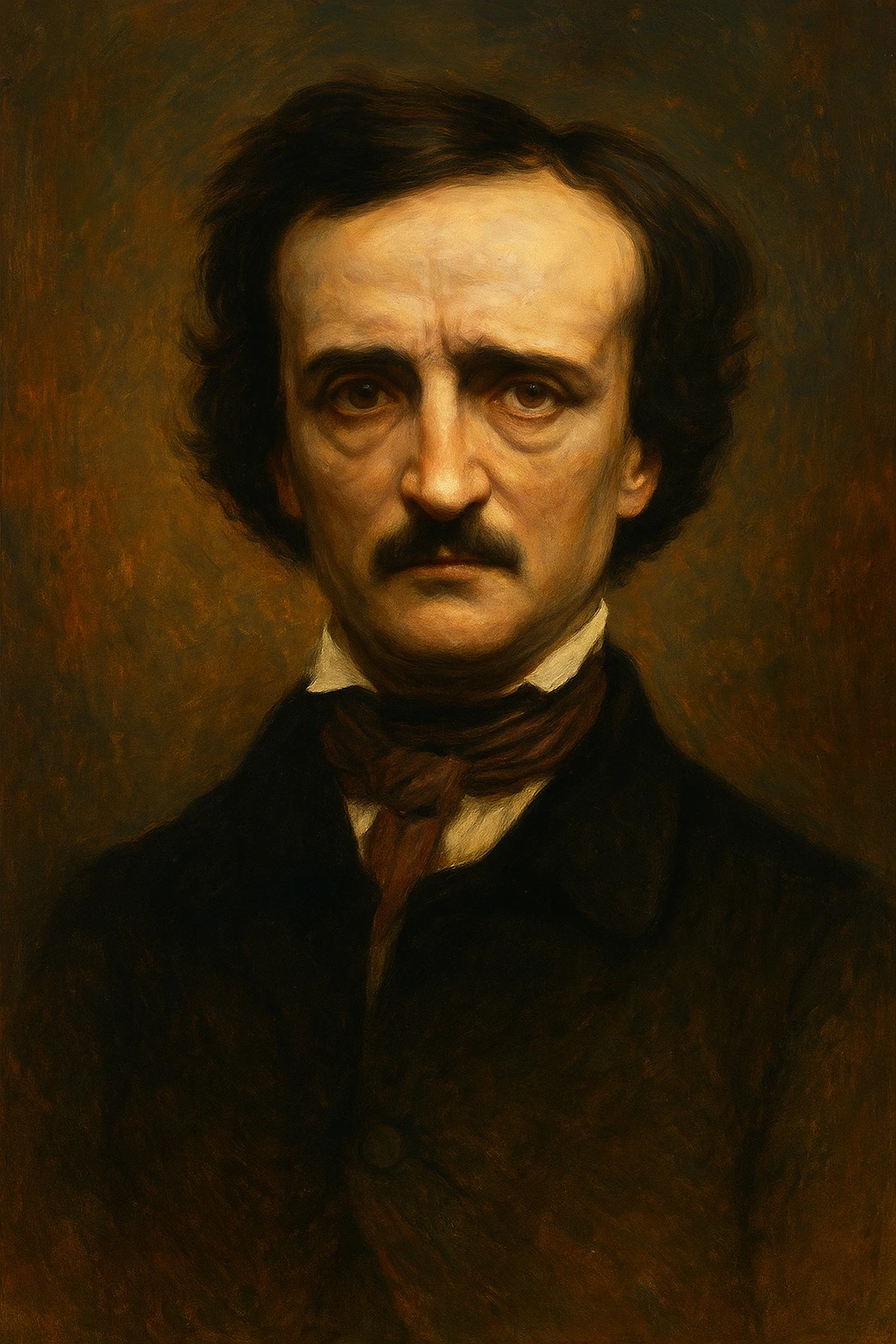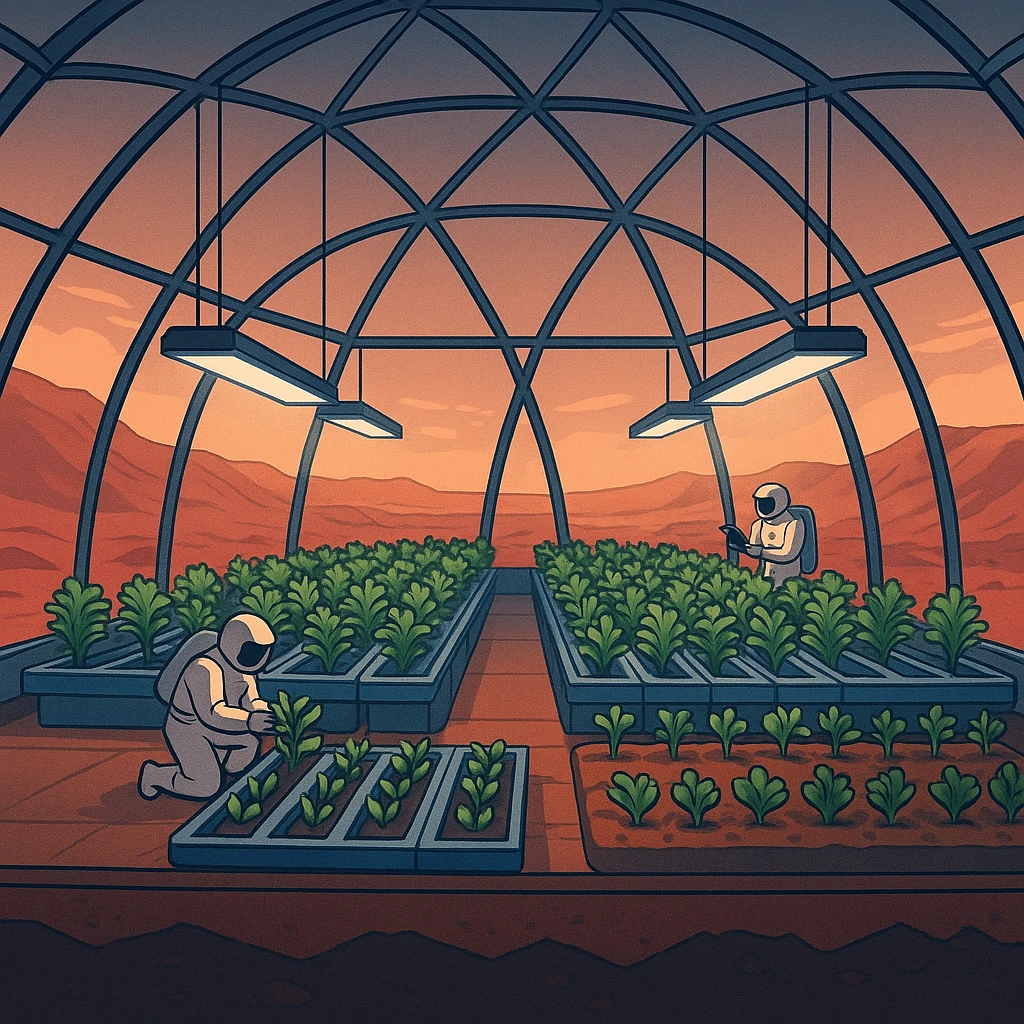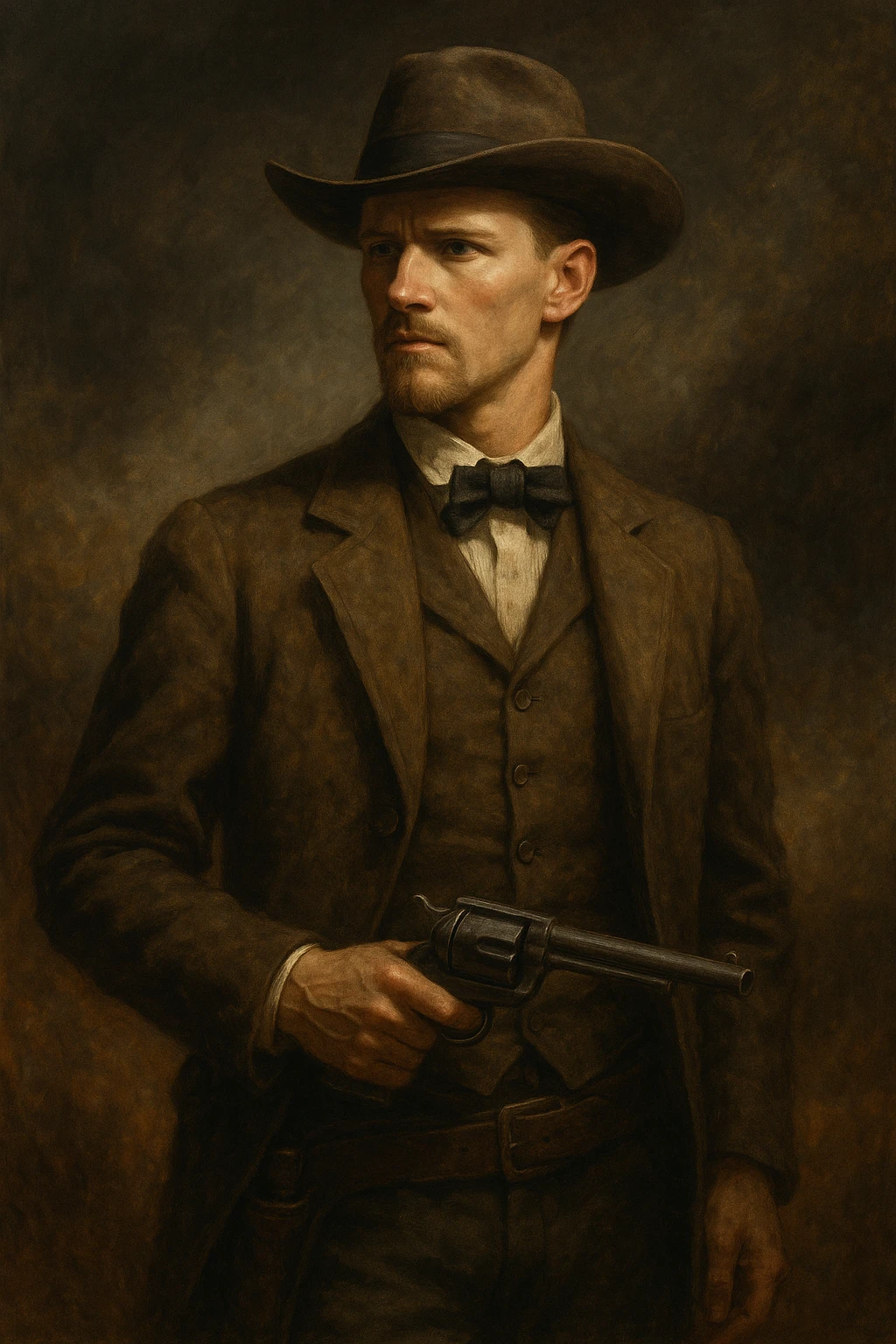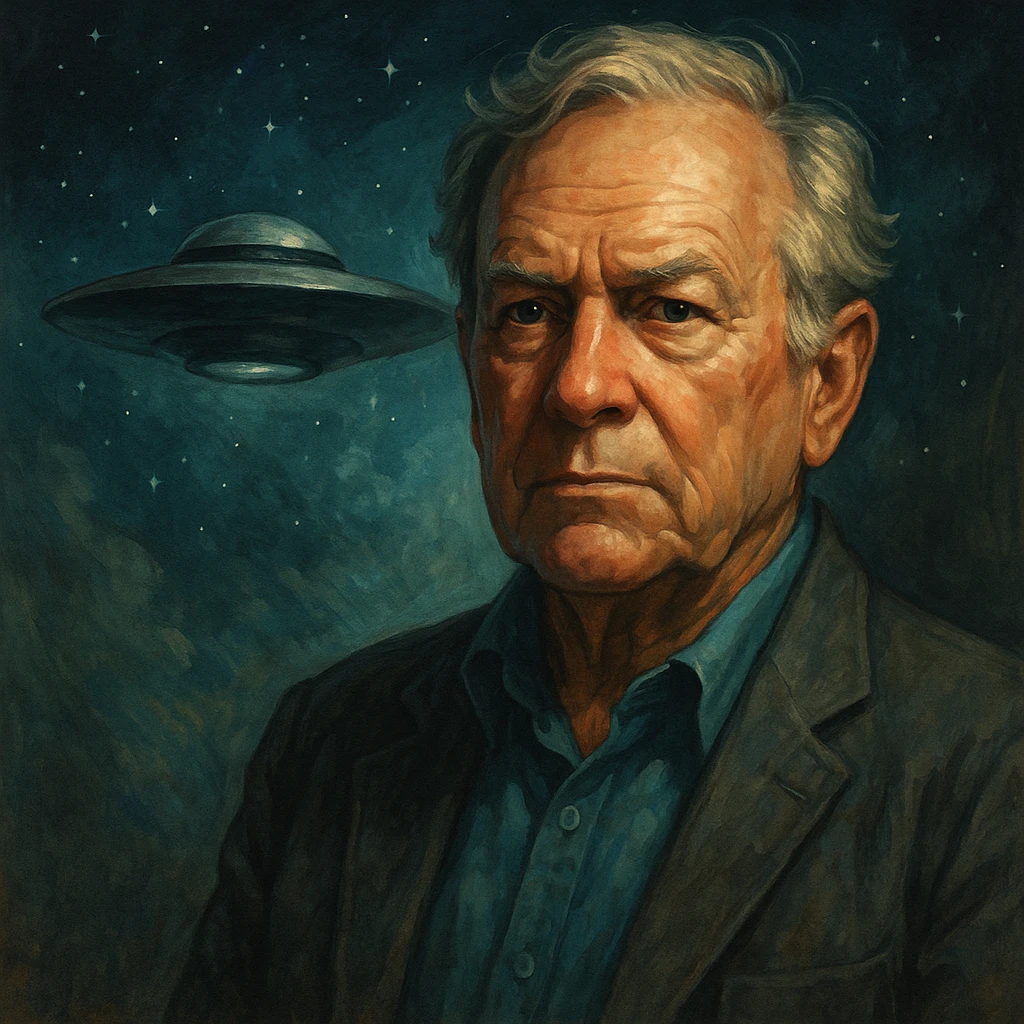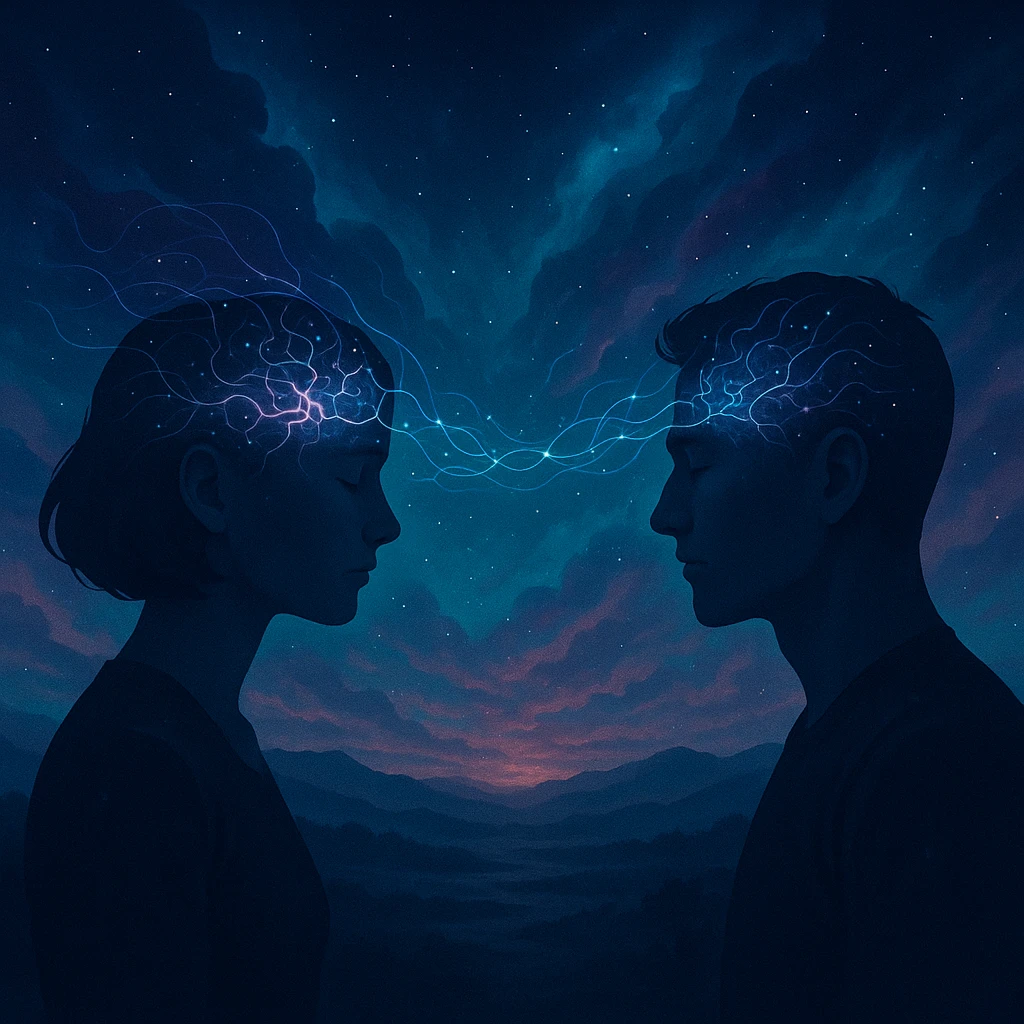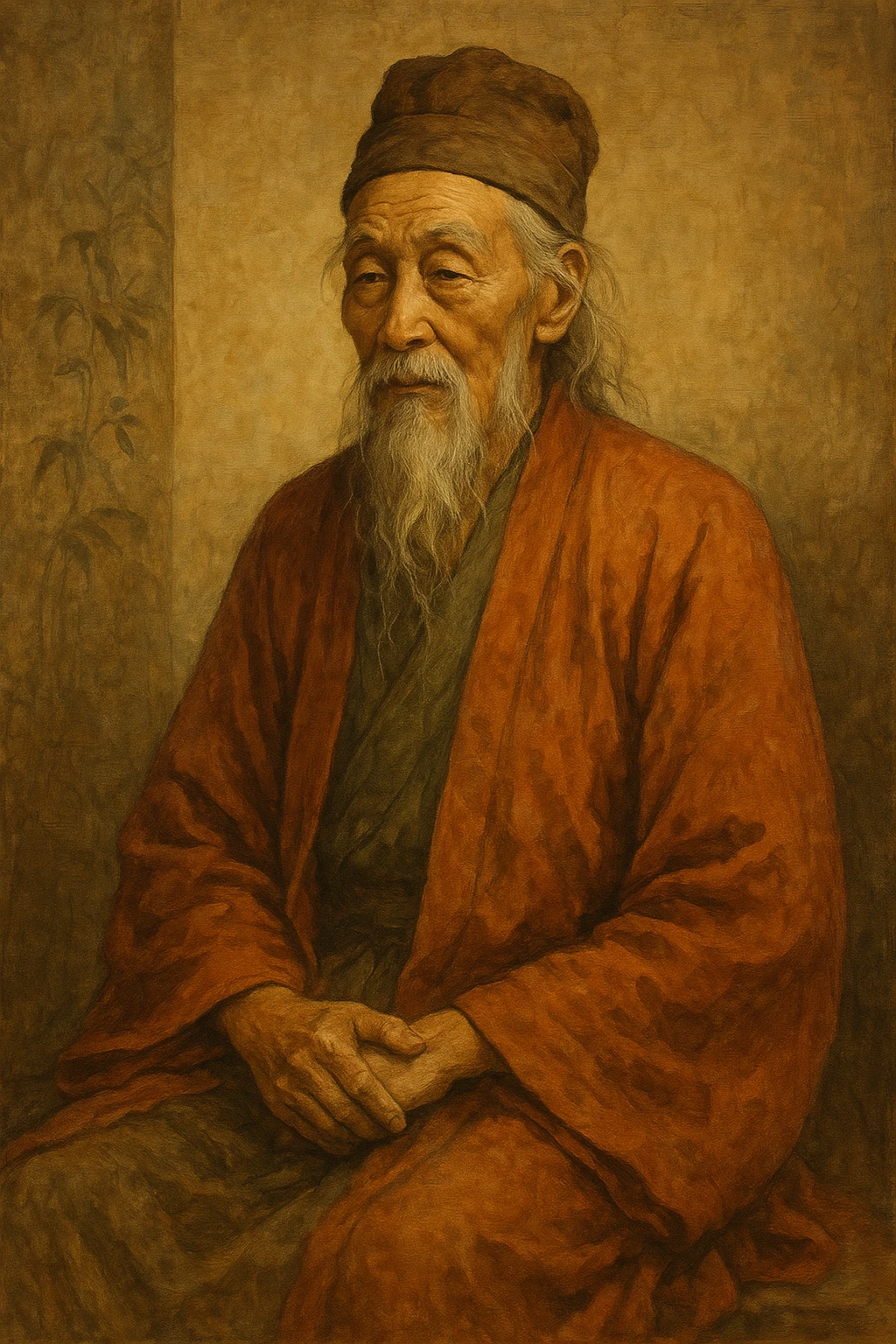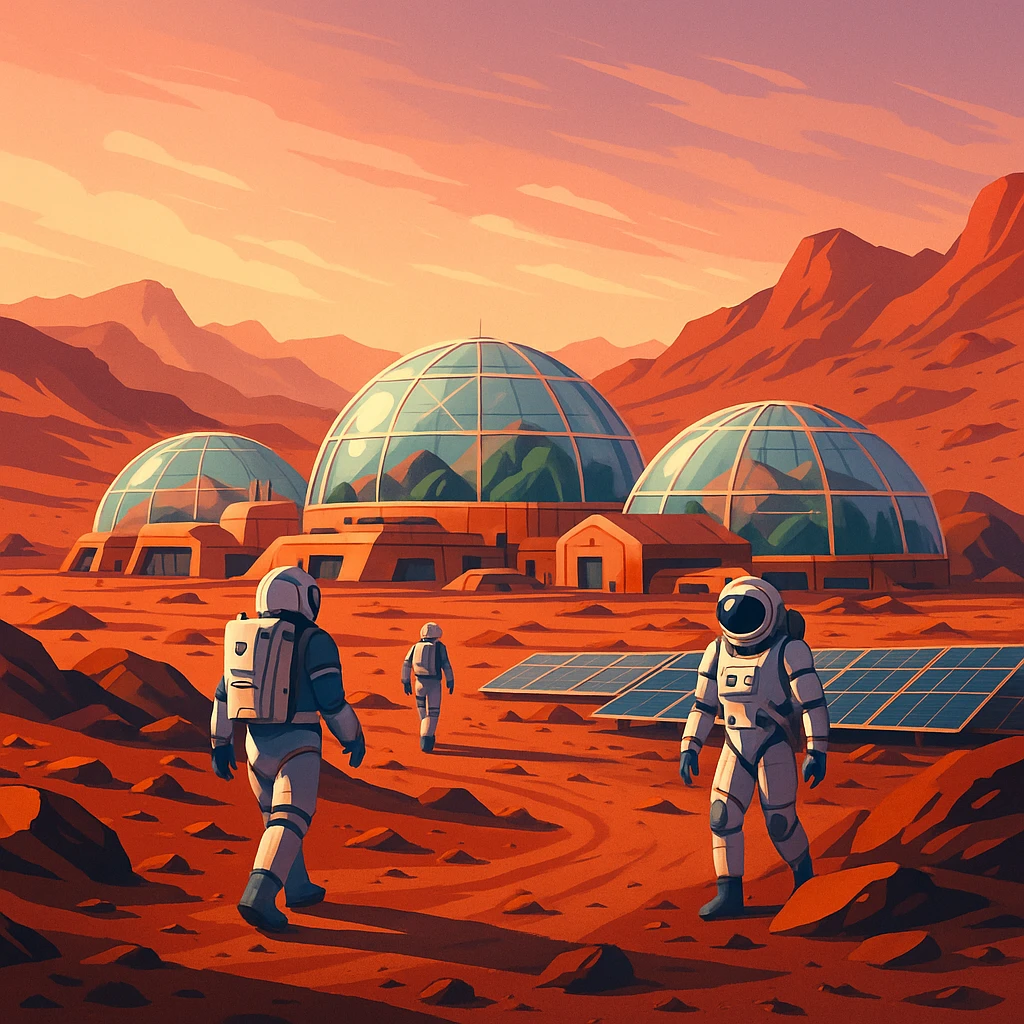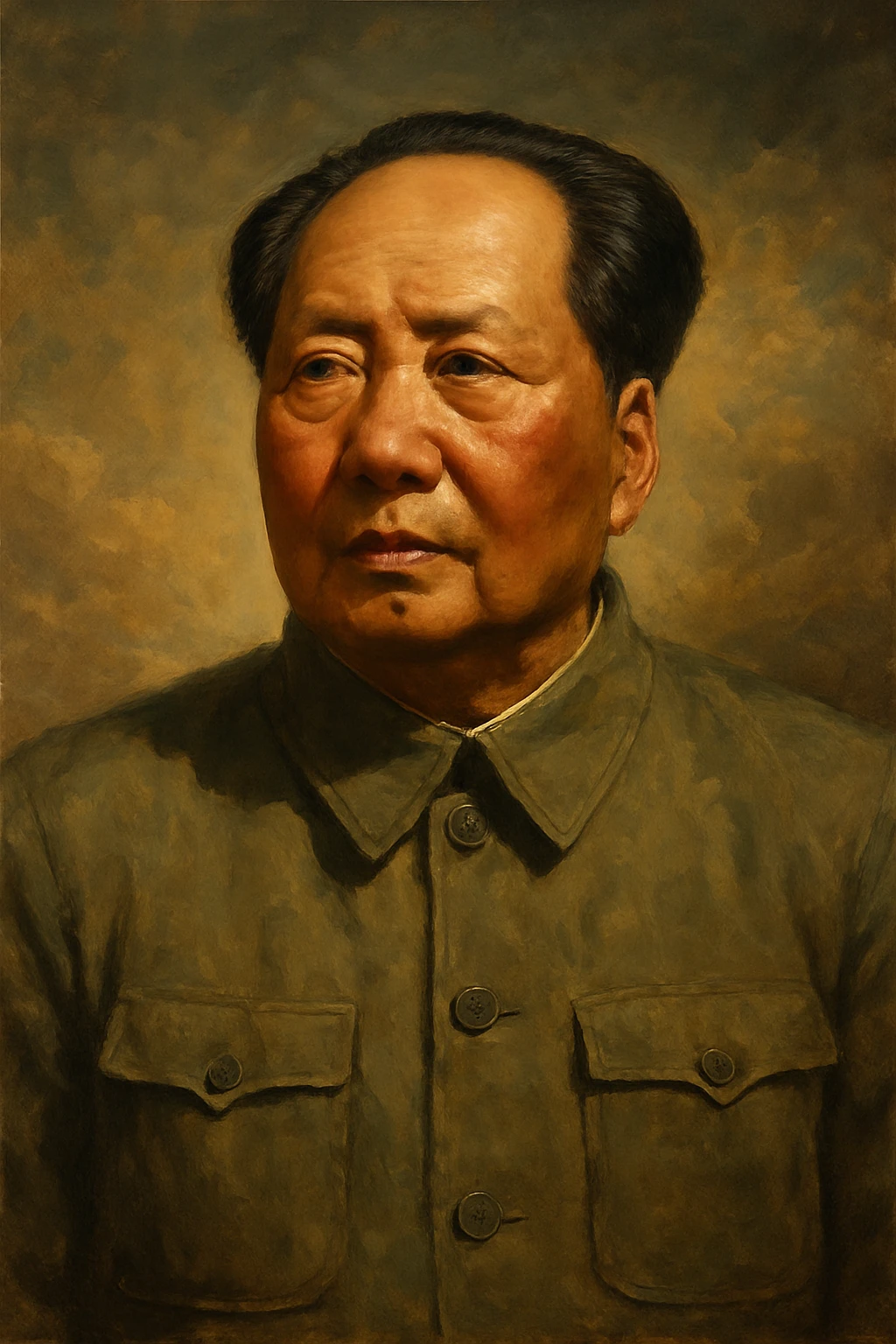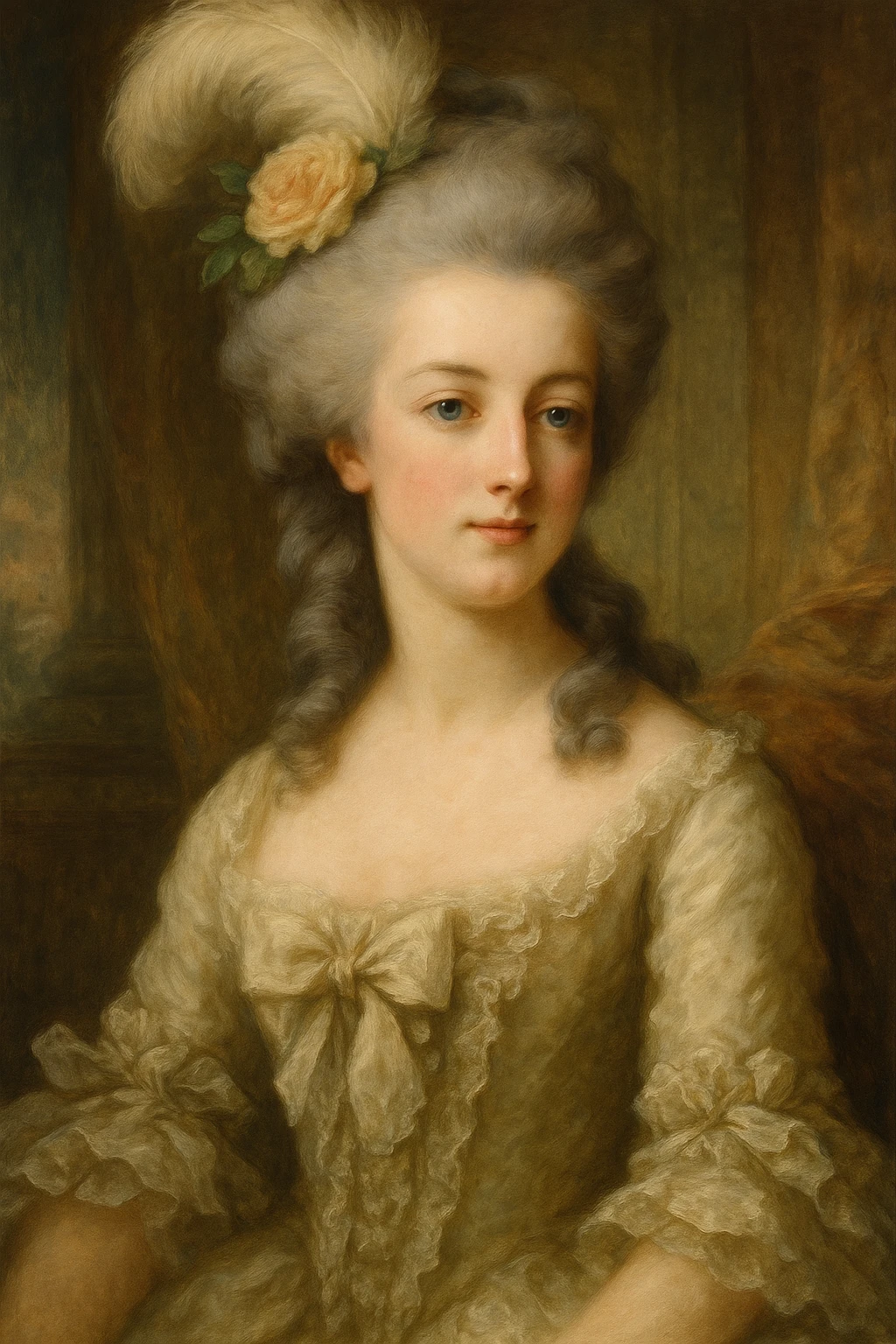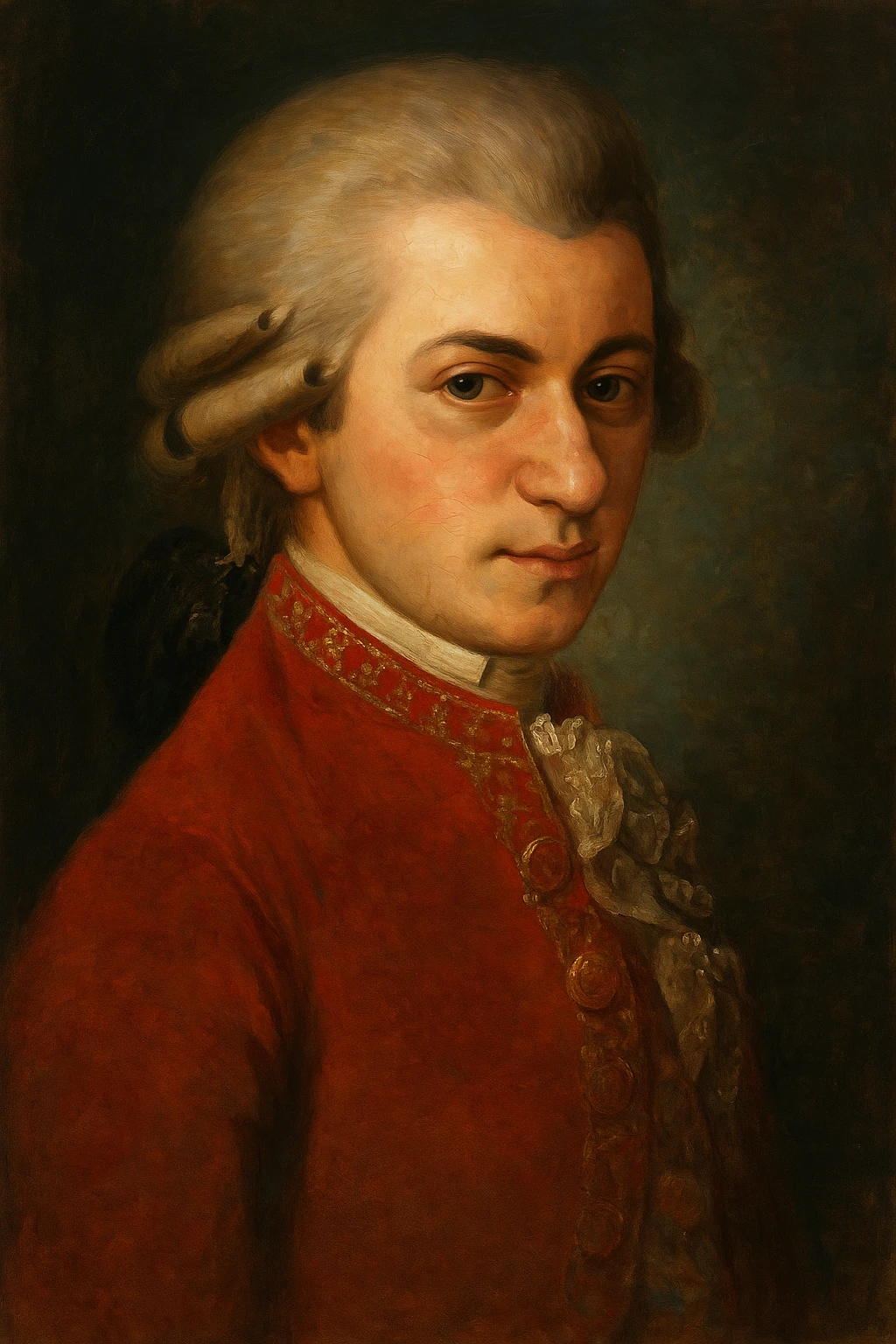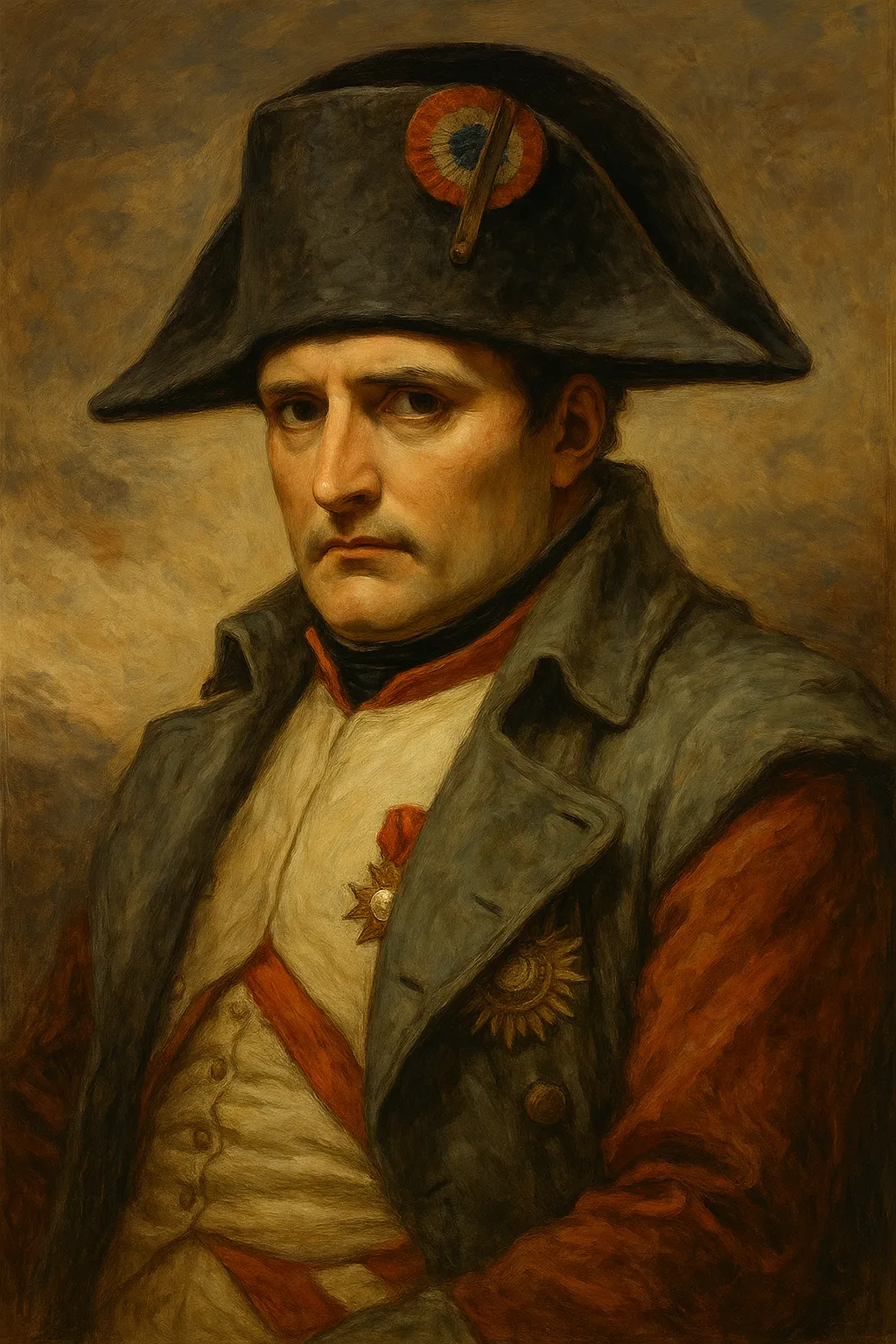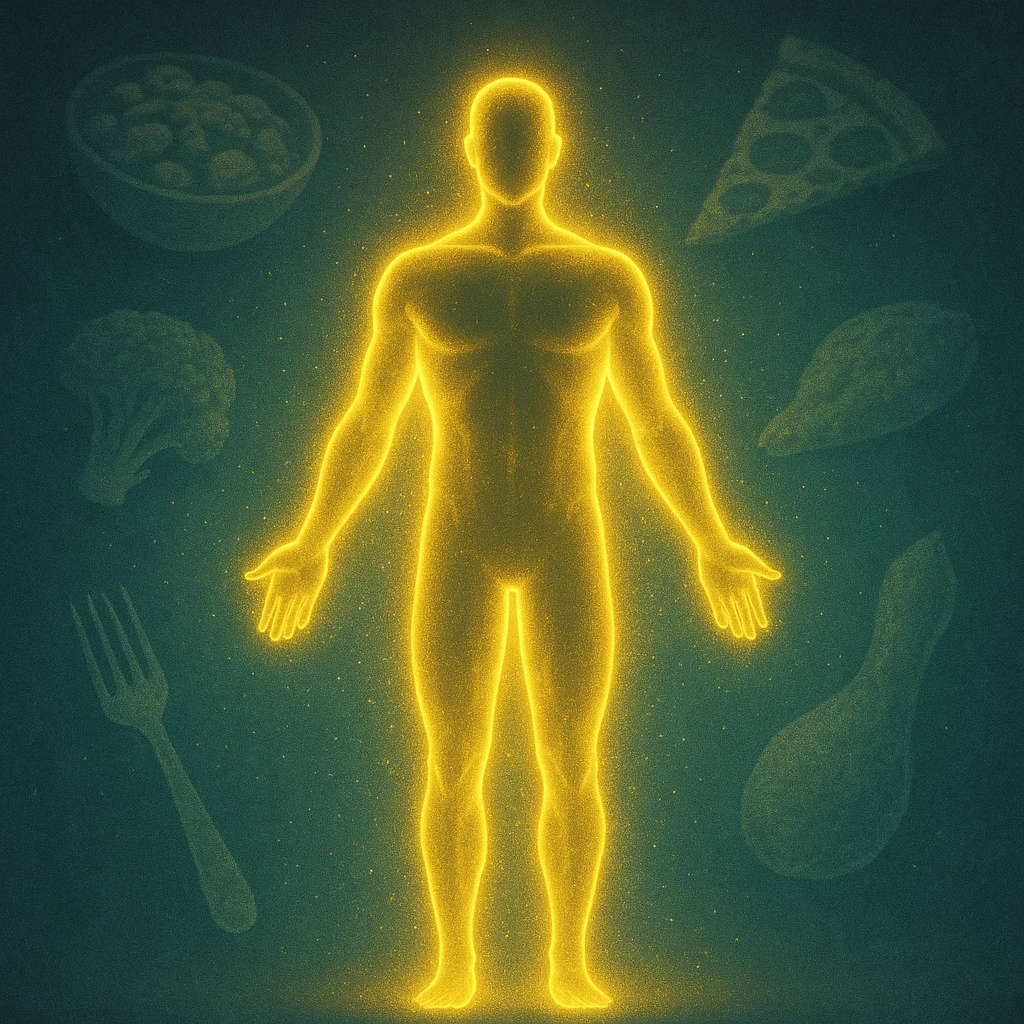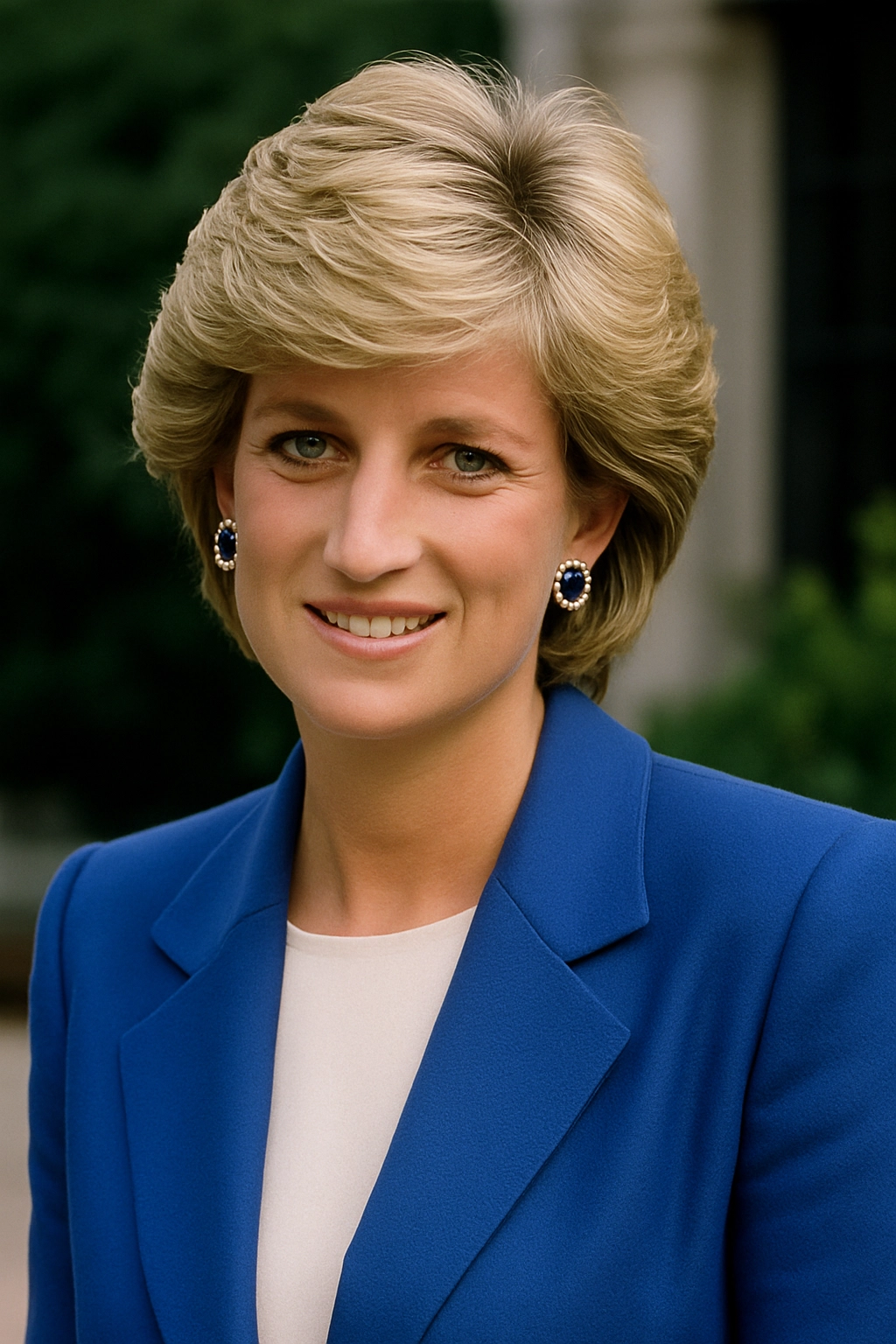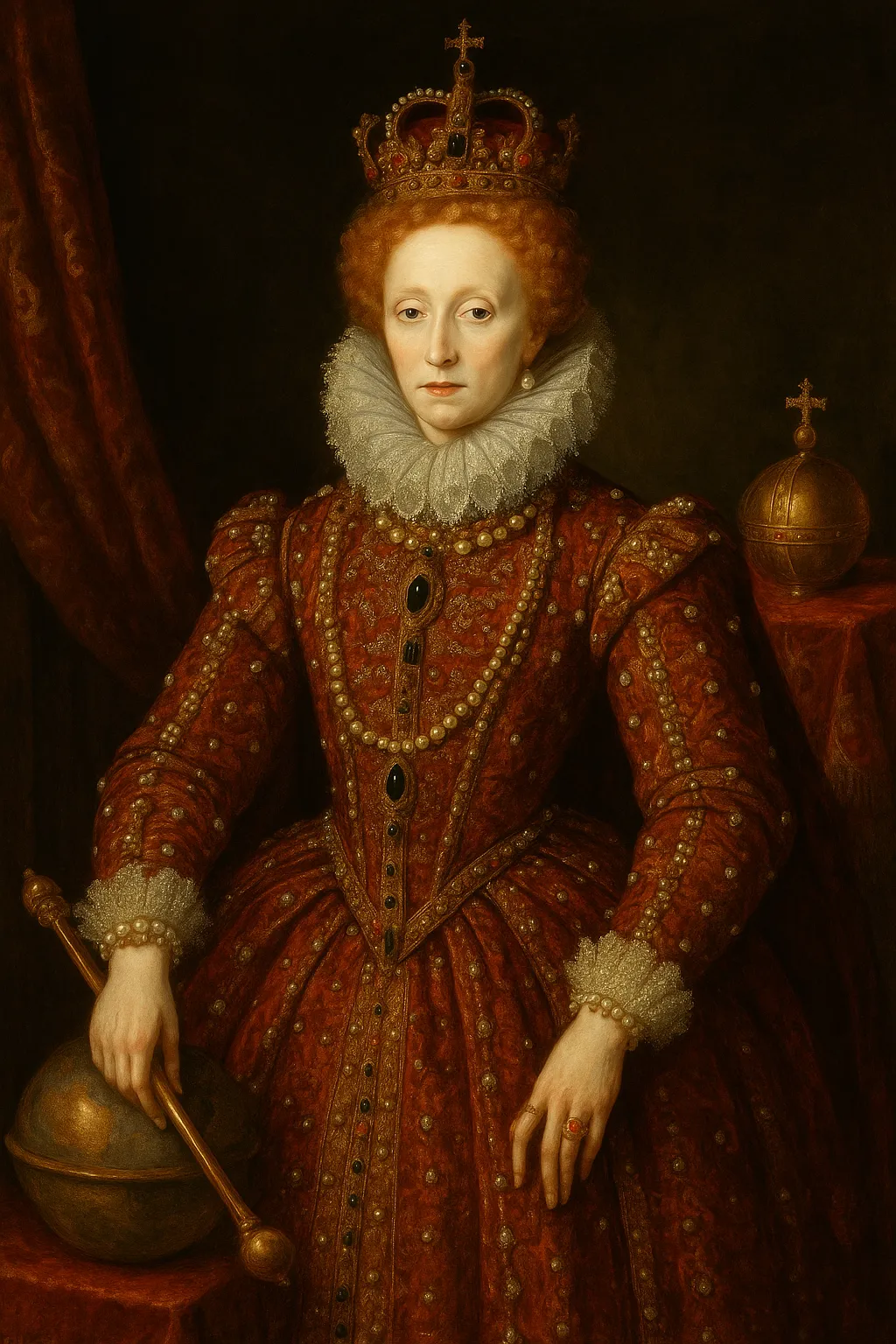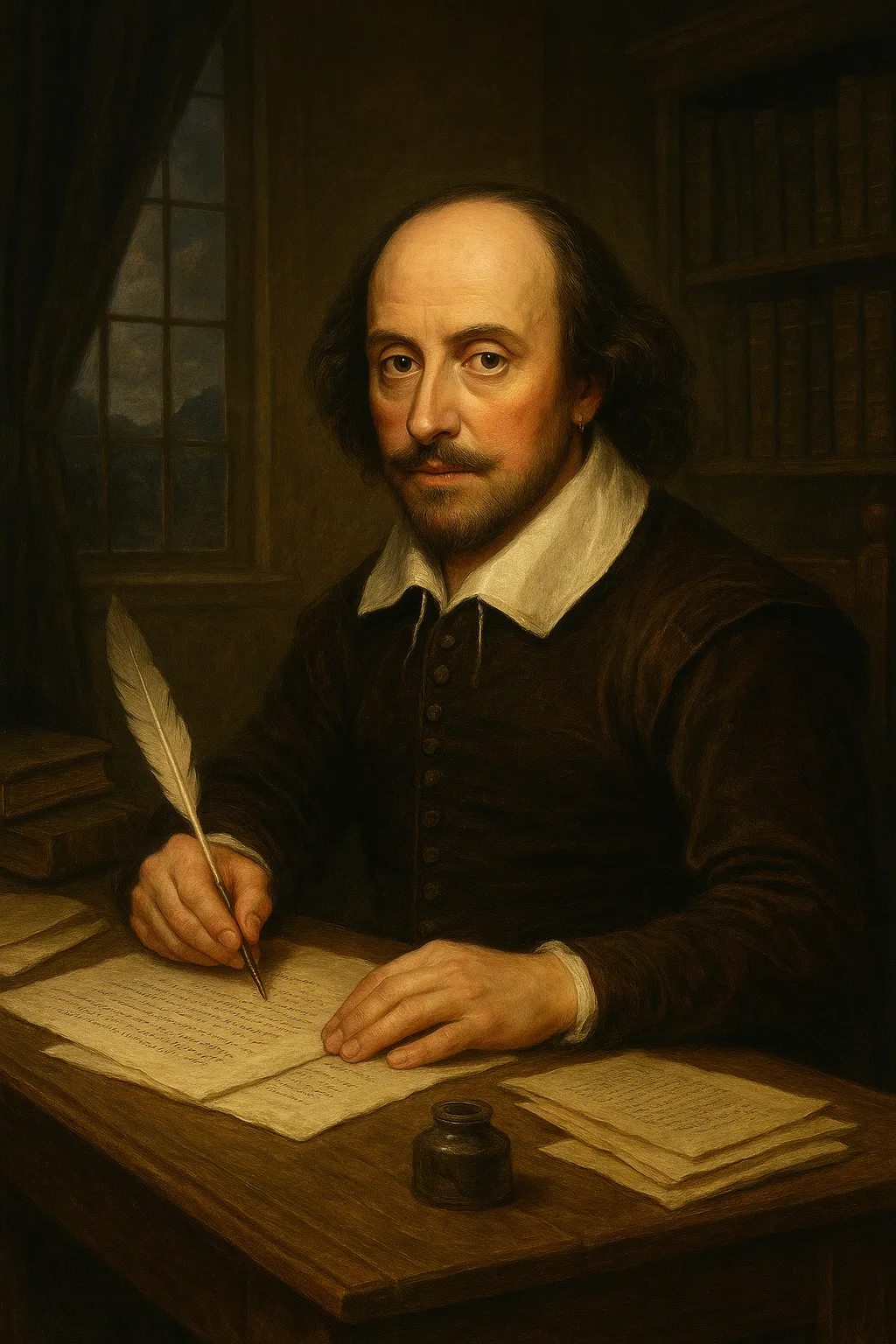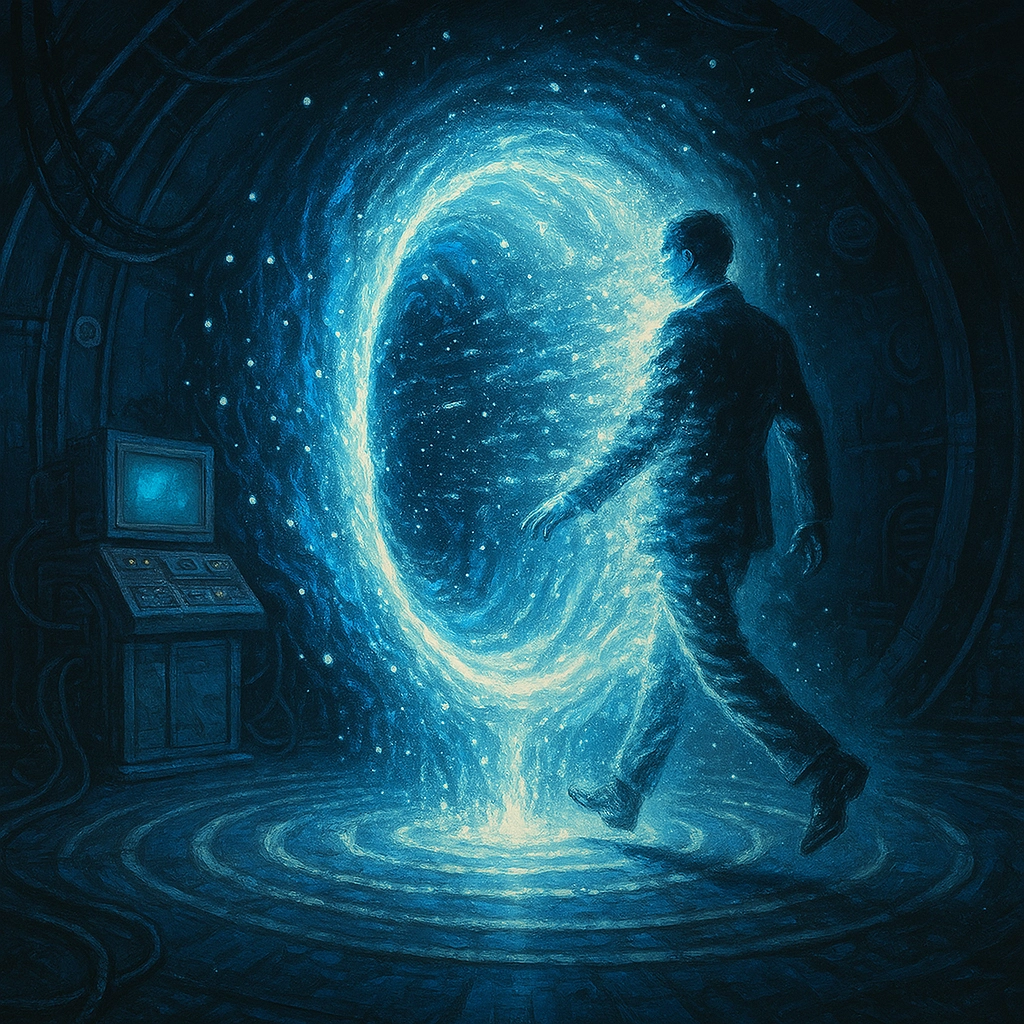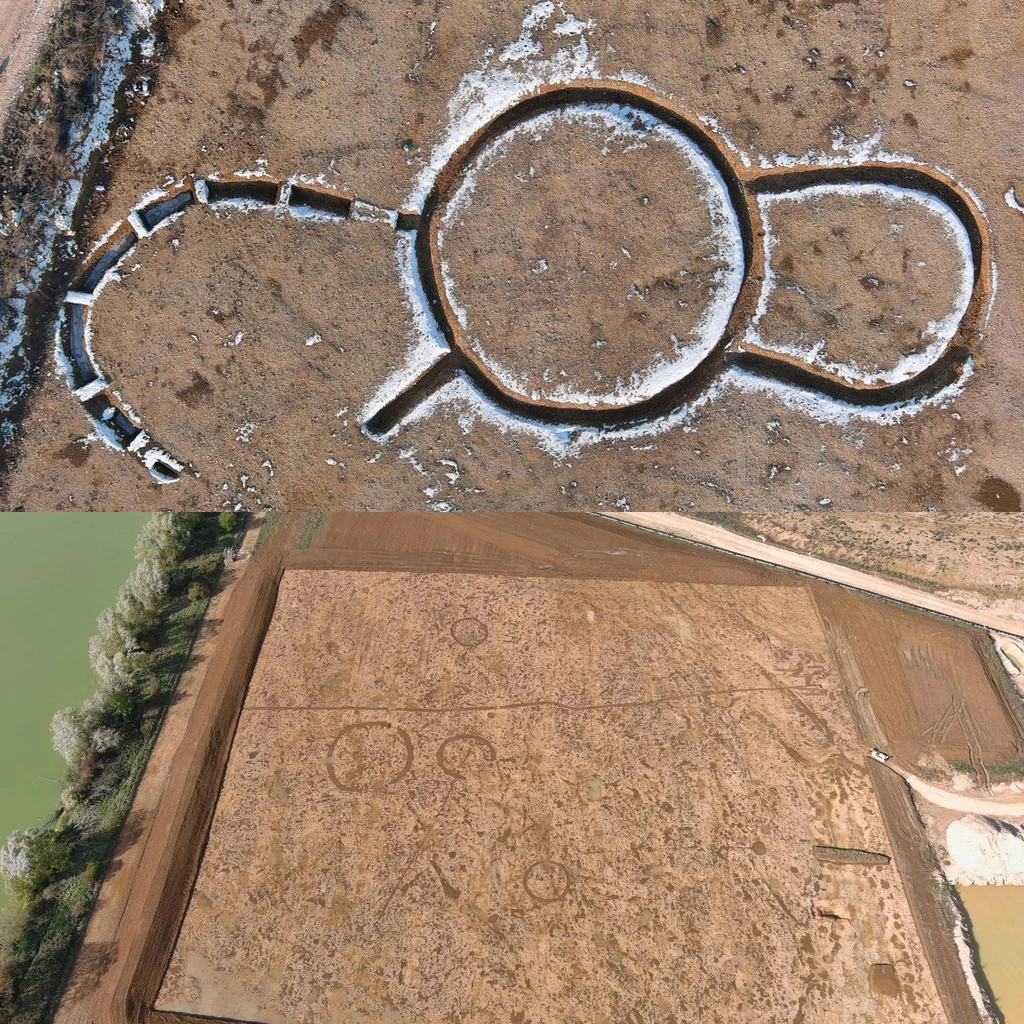Medicine Facts | Skygaze
Alternative Medicine
Holistic Approaches
Practices like naturopathy and homeopathy emphasize treating the whole person, not just the symptoms.
Global Use
According to WHO, nearly 80% of the world's population uses some form of alternative medicine.
Scientific Scrutiny
While some methods show benefits, others lack scientific backing and remain controversial.Ancient Remedies
Egyptian Formulas
Papyri from ancient Egypt document over 700 remedies, including honey for wounds and willow bark for pain relief.
Chinese Tradition
Traditional Chinese Medicine dates back over 2,000 years, using herbs, acupuncture, and energy balance to treat ailments.
Ayurvedic Roots
India's Ayurveda system emphasized balance between body types, diet, and spiritual health for healing.Emergency Medicine
Rapid Response
Modern emergency rooms are equipped to stabilize trauma, heart attacks, and strokes within critical minutes.
EMS Systems
Emergency medical services revolutionized care outside hospitals, beginning with battlefield medics.
Golden Hour
The first hour after trauma is crucial-quick treatment significantly increases survival rates.Genetic Medicine
DNA Mapping
The Human Genome Project, completed in 2003, mapped over 20,000 human genes and opened new doors for treatment.
Personalized Care
Genetic data can now tailor drug therapies to individuals, improving effectiveness and reducing side effects.
CRISPR Power
CRISPR gene editing allows scientists to alter DNA and potentially cure genetic diseases at the source.Medical Ethics
Do No Harm
Ethics in medicine includes informed consent, patient privacy, and equitable access to care.
Past Failures
Cases like the Tuskegee Study and Henrietta Lacks highlight historic violations that shaped modern ethics.
Emerging Dilemmas
Issues like cloning, AI diagnosis, and end-of-life decisions challenge current ethical frameworks.Medical Imaging
X-ray Discovery
Wilhelm Rontgen discovered X-rays in 1895, revolutionizing diagnostics and earning the first Nobel Prize in Physics.
Seeing Inside
MRI, CT scans, and ultrasounds allow non-invasive visualization of organs, bones, and tissues.
Radiology's Rise
Imaging has become essential in medicine, aiding in early detection, surgical planning, and cancer screening.Medical Milestones
Penicillin Discovery
Alexander Fleming's 1928 discovery of penicillin revolutionized the treatment of bacterial infections.
Insulin Breakthrough
Discovered in 1921, insulin transformed diabetes from a fatal condition into a manageable disease.
Global Access
Access to milestone treatments varies greatly worldwide, raising concerns about healthcare inequality.Mental Health
Changing Attitudes
Once stigmatized, mental health is now recognized as essential to overall well-being and productivity.
Therapy Tools
Cognitive Behavioral Therapy (CBT), medication, and support networks help manage depression, anxiety, and trauma.
Modern Pressure
Technology, isolation, and stress are fueling global increases in mental health disorders.Surgical Breakthroughs
First Incisions
The Edwin Smith Papyrus reveals ancient Egyptian surgeries, including brain procedures, dating back to 1600 BC.
Antiseptic Revolution
Joseph Lister introduced antiseptic surgery in the 1860s, reducing post-op infections and transforming operating rooms.
Organ Transplants
The first successful kidney transplant was in 1954. Modern advances now allow heart, liver, and even face transplants.Vaccines History
Smallpox Eradication
Edward Jenner's smallpox vaccine in 1796 led to the world's first disease eradication by 1980.
Global Impact
Vaccines have prevented millions of deaths and helped control measles, polio, and COVID-19.
Continued Debate
Despite success, vaccine hesitancy remains a public health challenge around the world.

